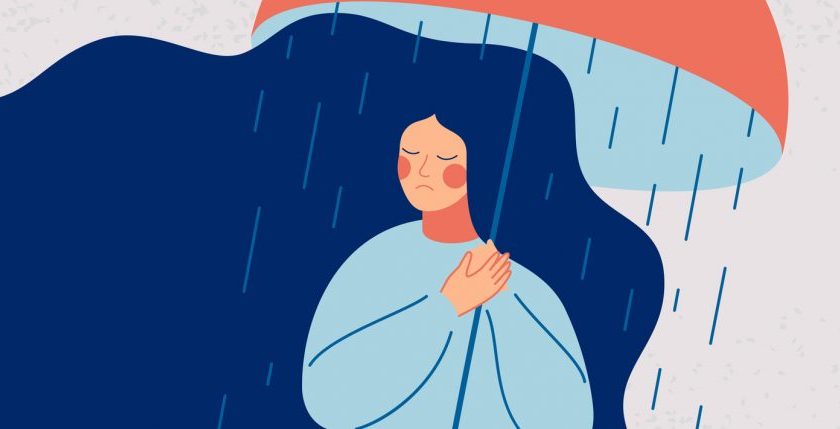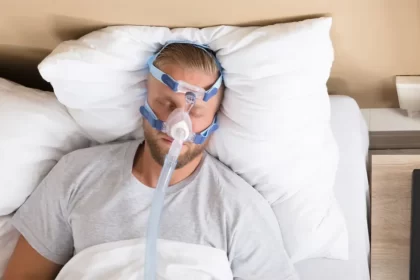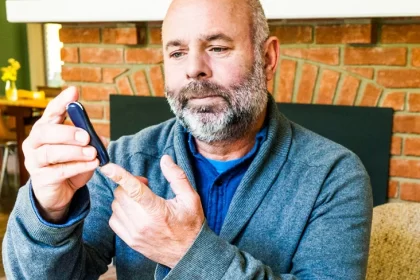The past year has been a tough one. People all over the world have had to make adjustments in the face of the pandemic that they never would have thought possible. We’ve locked ourselves inside, stopped hugging people, and restricted our activities to a greater extent than ever before.
The pandemic and its effects have been great for some people. Some folks have found new jobs, changed to a more relaxed work schedule, and spent more time with families. Other people, however, have struggled with depression because of the state of affairs and the pandemic’s impact on normal life.
Unfortunately, depression doesn’t get the attention it deserves. There are millions of people who struggle every year with depression. Whether it’s a temporary bout of depression or a chronic condition, depression can affect how we interact with others and, more importantly, how we treat ourselves.
Here’s a look at what depression is in simple terms and some things you can do about it.
What Is Depression?
Depression is typically described as a prolonged feeling of sadness. Other feelings associated with depression included loss of interest in things you would otherwise be interested in, low energy, and poor motivation.
Usually, symptoms of depression that don’t last long (hours or a day) are normal. However, some people struggle with depression and its symptoms for days, weeks, months, and even years. It affects their careers, personal relationships, and other aspects of their lives.
People who deal with chronic depression should seek professional help to treat symptoms and limit their effects. One of the biggest issues with depression is recognizing that the symptoms and feelings you are having are not normal but are due to hormonal imbalances and other treatable issues.
Ways to Treat Depression
Seek Medical Assistance
If you’re struggling with chronic depression, you should seek medical or therapeutic support. Licensed professionals can prescribe medicines and other treatment methods to reduce or eradicate symptoms.
Look for Depressive Triggers
Long bouts of depression are often triggered by events or feelings. We can learn to spot these triggers and begin avoiding them. Even when they are unavoidable, we can better understand how certain people, events, foods, or places affect our moods and we can head off depression before it begins.
Peptides & Depression
Research done on mice shows that increasing BDNF levels regulate the setting of depression in the brain. Semax is a BDNF stimulating peptide that increases BDNF levels and wards off feelings of depression. One of the main benefits of Semax is that it has low side effects, unlike many of the current drug treatments for depression popular today.
Physical Health Is an Important Part of Mental Health
Too many people overlook the importance of physical health when it comes to mood and mental health. If you exercise, spend time outdoors, and eat a healthy diet, it will have a significant effect on depression and your overall mood. Your energy levels will be higher and you’ll feel more confident in your body, which will further boost your mental health.
Not everyone can be a marathon runner. Wherever you are in your fitness journey is the best place to begin. Start by taking daily walks and spend more time in nature. Getting outside and breaking a sweat will increase serotonin levels in your brain and lift your mood.
These are just some things you can do to better understand depression and how you can regulate and protect your mental health. Again, chronic depression is not something that you have to deal with by yourself. Reach out to help from mental health professionals and the people around you to start finding ways to overcome the symptoms of depression.





